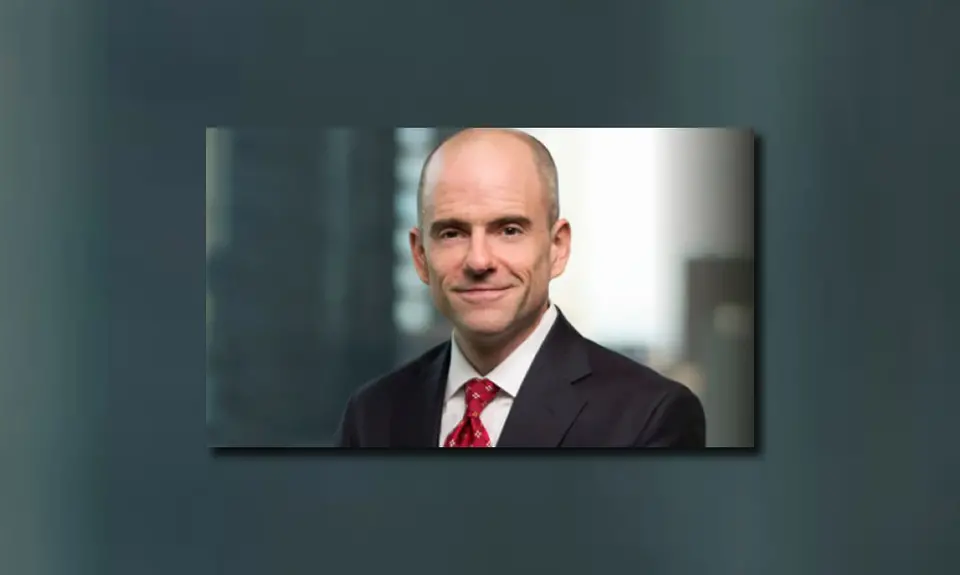“Confirmed Judges, Confirmed Fears” is a blog series documenting the harmful impact of President Trump’s judges on Americans’ rights and liberties.
In April 2019 Trump Eleventh Circuit judge Kevin Newsom was the deciding vote in a 2-1 decision in favor of a warrantless search of the crawlspace in an individual’s home. The search violated the individual’s Fourth Amendment rights, and as the dissent pointed out, the majority ruling contradicted the principle recognized by the Eleventh Circuit that “speculation, without any factual support, will not suffice to overcome the warrant requirement.”
During a standoff with police officers in USA V. Willie Lee Cooks, Cooks barricaded himself in his home with at least three other occupants, who were not allowed to leave. Eventually, the officers entered the home and arrested Cooks. The officers later conducted a limited protective sweep of the house and didn’t observe any immediate danger. They noticed a hole in the floor with plywood nailed down over it. There was no indication that anyone was under the hole, and when they pried the plywood from the floor, they found a crawlspace. Though they did not have a warrant, they searched it and found firearms.
Cooks was charged with unlawful possession of a firearm. At the evidentiary hearing, Cooks moved to suppress the firearms because theofficers should not have searched the crawlspace without a warrant. Cooks’ motion was denied. The district court ruled that the search of the crawlspace was lawful under the exigent-circumstances doctrine because the officers didn’t know if anyone else was inside the house or inside the space under the hole in the floor. On appeal, the majority affirmed because the officers believed the crawlspace could have contained potential perpetrators or victims.
Judge Ronald Gilman strongly disagreed. He explained that the majority focused on what the officers couldn’t rule out rather than what the officers actually believed or knew at the time of the warrantless search. Officers explicitly testified under oath that they had no reason to believe any additional people were inside of Cooks’ home or the crawlspace. Another officer testified that he never asked whether anyone else was inside Cooks’ house. Actually, no officer asked. Gilman further explained that the Eleventh Circuit had previously recognized that “officers must have an objectively reasonable belief” that someone actually was a hostage or is in danger to justify a warrantless search under such circumstances. There was clearly no such “objectively reasonable” belief in this case, Gilman concluded, and the warrantless search was not justified.
